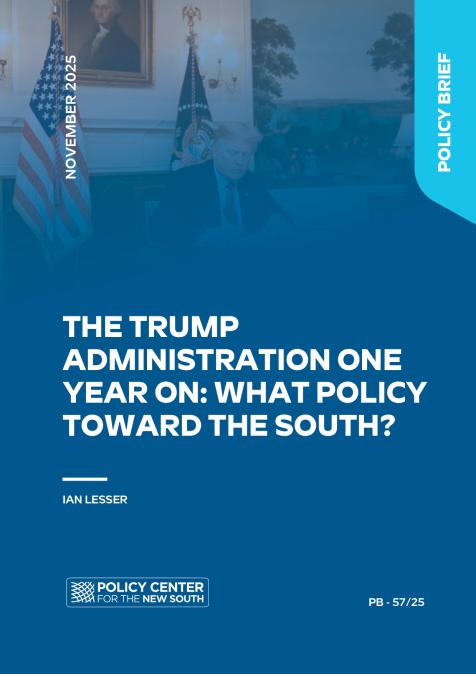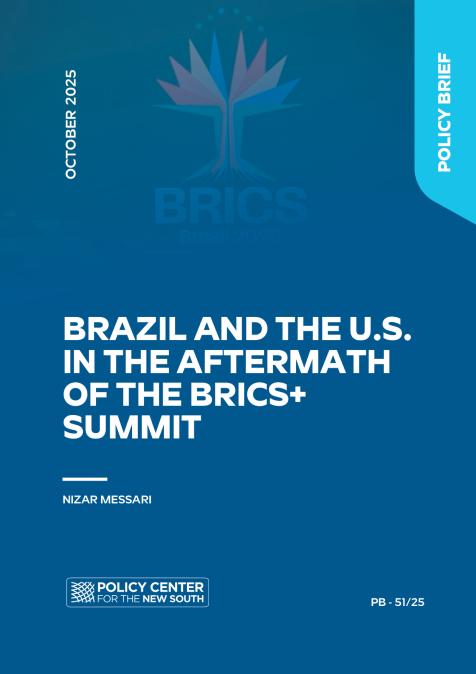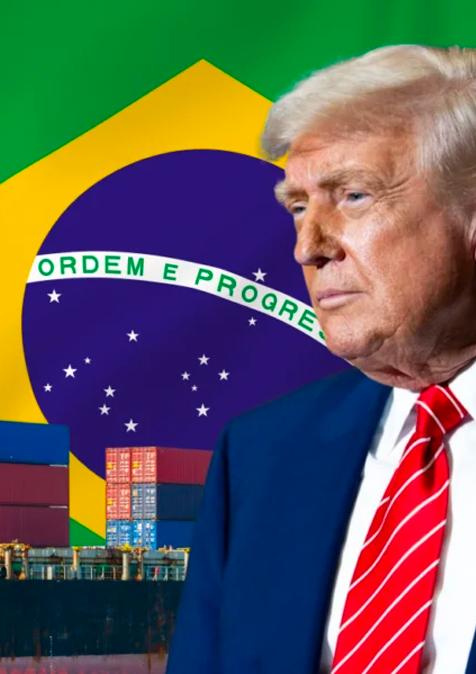Publications /
Opinion
The late twentieth-century neoliberal experiment, imposed upon Latin America and Africa under the banner of the Washington Consensus, failed both economically and morally. Though it promised prosperity through deregulation, privatisation, and fiscal austerity, it delivered instead economic stagnation, rising inequality, and the systematic dismantling of the instruments of national development. This was not technocratic wisdom, but a project of ideological enforcement that subordinated sovereign decision-making to the caprices of global finance, hollowing out state capacity while embedding structural dependency.
Today, as the United States intensifies its confrontation with China and frames the global order through a prism of binaries, the ‘Global South’—a term that refers to the less economically developed countries in Latin America, Africa, and Asia—faces renewed pressure to align with a Western-led architecture that offers little more than a repackaging of the same prescriptions that proved so destructive. However, the choice for developing nations is no longer between Washington and Beijing as geopolitical centers. It is, more fundamentally, a choice between continued subservience and the pursuit of genuine economic sovereignty.
China’s rise has offered the most compelling empirical rebuttal to neoliberal dogma. Far from embracing the shock therapy long championed by international financial institutions, Beijing has pursued a model anchored in strategic state intervention, forced technological upgrading, and long-term infrastructural planning. The results speak for themselves: a nationwide high-speed rail network, world leadership in renewable energy technologies, and the unprecedented lifting of more than 800 million people out of poverty. These outcomes were not the by-product of market liberalization, but the result of subordinating capital to national objectives—a deliberate developmental strategy underpinned by sovereignty, planning, and pragmatism.
The contrast between Latin America and Africa could not be starker. Structural adjustment programs gutted industrial capacity. Trade liberalization exposed nascent industries to premature competition. Privatizing public goods compromised access, entrenched inequality, and diluted accountability. Even today, many ostensibly progressive movements remain intellectually captive to Euro-American frameworks that prioritize consumption over production, rights over capabilities, and redistribution over structural transformation. They mistake policy for ideology and neglect the hard institutional work required for long-term development.
The Global South does not need a new hegemon. Instead, it needs the political imagination and institutional will to chart an autonomous path. This does not mean adopting the Chinese model unquestioningly—no external model is universally transplantable. It requires the courage to learn lessons from it: the state’s role as the architect of development, the importance of maintaining control over key sectors, the strategic use of finance to support productive capacity, and the relentless pursuit of technological self-reliance. Above all, it demands the reclamation of the right to plan one’s own future—strategically, deliberately, and without external vetoes. This reclamation is not just a theoretical concept but a tangible empowerment that can shape the future of the Global South.
In this context, the increasingly ideological posture of the United States poses a grave risk. The framing of China as an existential threat and the deliberate attempt to resuscitate a Cold-War-style logic risks plunging the world into a binary struggle that serves neither justice nor development. Those I have called ‘widows of the Cold War’— members of the academia, military and politicians in Europe and the United States who are nostalgic for an era of division, control, and ideological confrontation—seek to reduce global affairs to a simplistic contest between democracies and autocracies. The more pressing question is which models deliver dignity, growth, and opportunity for the world’s majority. The tragedy would be for the Global South to become once again a battleground for great-power competition rather than an agent shaping the twenty-first century. However, there is hope in the potential of alternative development models to bring about growth and opportunity for the majority.
The future does not belong to those who outsource their sovereignty—whether to Washington’s financial institutions or the geostrategic designs of any other capital. It belongs to those bold enough to wrest control of their developmental trajectories, to invest in their people and institutions, and to resist the seduction of ready-made ideologies. Sovereignty, after all, is not a slogan. It is a capacity—built, maintained, and defended over generations. Resisting ready-made ideologies is not just a choice, but a powerful assertion of independence and self-determination.
It is increasingly clear that the choice of development models will determine not only national outcomes but the very architecture of the global order. In this moment of uncertainty, the worst possible path would be a return to Cold War logic. The most hopeful path, and indeed the most necessary, would be to reaffirm the right of all nations—not just a privileged few—to determine their futures on their terms.











